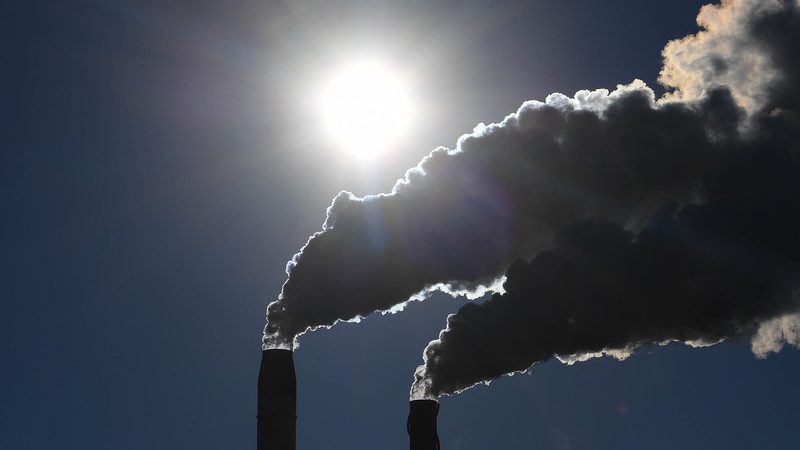Saarland-based mills Dillinger and Saarstahl have started the new financial year enjoying good demand and continued high margins, and still expect good capacity utilisation in 2022. However, coal and gas shortages resulting from CIS supply disruptions are likely to increase costs.
However, Russia’s attack on Ukraine and the resulting war and its consequences may have a massive impact on businesses, and the coronavirus may continue to influence the economy. Hence, executives expect further significant price increases in procured raw materials, as well as energy costs, they said during Tuesday’s Stahl-Holding Saar (SHS) press conference.
With a view on the challenges caused by the war in Ukraine and its limiting effect on raw materials supplies, SHS chief executive Karl-Ulrich Köhler said the companies had to adjust technical processes considerably. “We are suddenly lacking 1.2 million tonnes of injected pulverised coal [PCI], and partly have to substitute with other materials that are fit for a furnace,” Kallanish heard him say.
He explained how the mills heavily depend on gases, whose use can be reduced but not totally disposed of, even for shorter periods. Although the mill group covers most of its needs with off-gas from internal processes, certain burners work only with natural gas, and cannot easily be converted. All such technical adjustments are costly, create irregularities, and will bring CO2 emissions back up, he explained.
At Saarstahl, high demand has led to positive price development in the individual segments. This trend was already apparent for Saarstahl’s wire rod and bar steel in the final months of 2020 and continued steadily in 2021, primarily due to the restart of production in the automotive industry.
Saarstahl lifted its shipments from a low of 1.75 million tonnes in 2020 to 2.42mt in 2021, and revenue from €1,684 million ($1,835m) to €2,777m. It turned the 2020 operating loss of €70m into a 2021 profit of €282m.
Christian Koehl Germany






